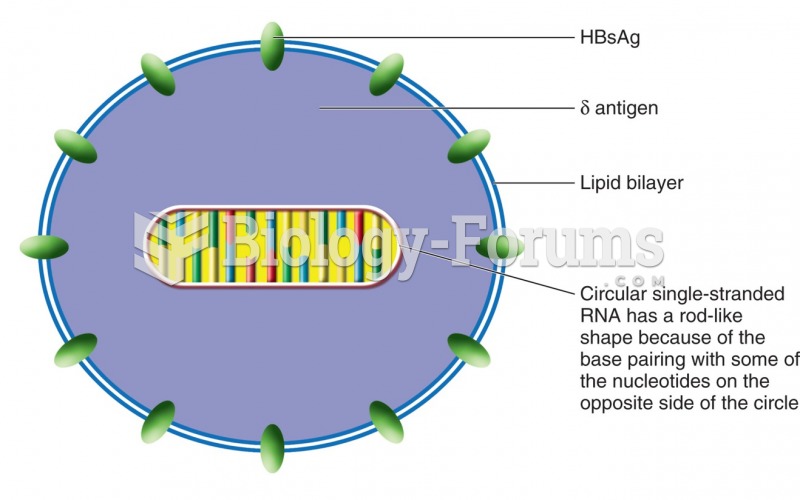|
|
|
There are immediate benefits of chiropractic adjustments that are visible via magnetic resonance imaging (MRI). It shows that spinal manipulation therapy is effective in decreasing pain and increasing the gaps between the vertebrae, reducing pressure that leads to pain.
Pubic lice (crabs) are usually spread through sexual contact. You cannot catch them by using a public toilet.
The average office desk has 400 times more bacteria on it than a toilet.
The immune system needs 9.5 hours of sleep in total darkness to recharge completely.
The first successful kidney transplant was performed in 1954 and occurred in Boston. A kidney from an identical twin was transplanted into his dying brother's body and was not rejected because it did not appear foreign to his body.







